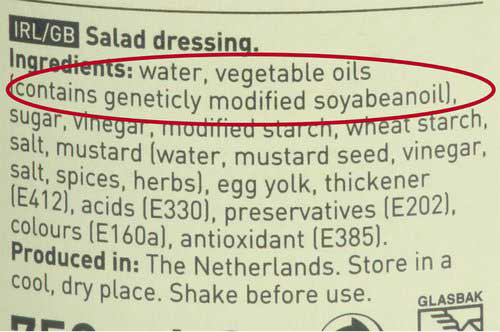GM companies spend millions on anti-labelling lobby

In the US the largest agribusiness and biotech companies are pouring millions of dollars into California to stop the first-ever initiative to require special labels on foods made with genetically modified ingredients.
So far, farming giants such as Monsanto, Dupont Pioneer and Cargill have contributed nearly $25 million to defeat the proposal, with much of that cash coming in the past few days.
The money is nearly 10 times the amount raised by backers of the ballot measure who say California’s health-conscious shoppers want more information about the food they eat.
With nearly three months to go before the November election, the measure’s opponents appear to be following the previous blueprint developed by major industries to defeat ballot initiatives in the nation’s largest consumer market: Raise large sums of money to swamp the airwaves with negative advertising.
In the US such actions can be successful. Earlier this year in California the tobacco industry helped defeat an initiative supported by cycling legend Lance Armstrong that would have raised cigarette taxes to fund cancer research.
Now, the food initiative, known as Proposition 37, is one of 11 statewide measures to go before California voters in November. It would require most processed foods to bear a label by 2014 letting shoppers know if the items contain ingredients derived from plants with DNA altered with genes from other plants, animals, viruses or bacteria.
If the proposal passes, California would be the first state to require labelling of such a wide range of foods containing genetically modified organisms, or GMOs.
Transparency
Supporters of similar legislation in more than a dozen states say the intent is to give consumers more information about what they are eating and to foster transparency and trust in the food system.
Major agricultural groups and the processed food industry oppose stricter labelling, saying it risks sowing fear and confusion among shoppers. The US Food and Drug Administration has said genetically engineered crops, or GE crops, pose no greater health risks than traditional foods.











